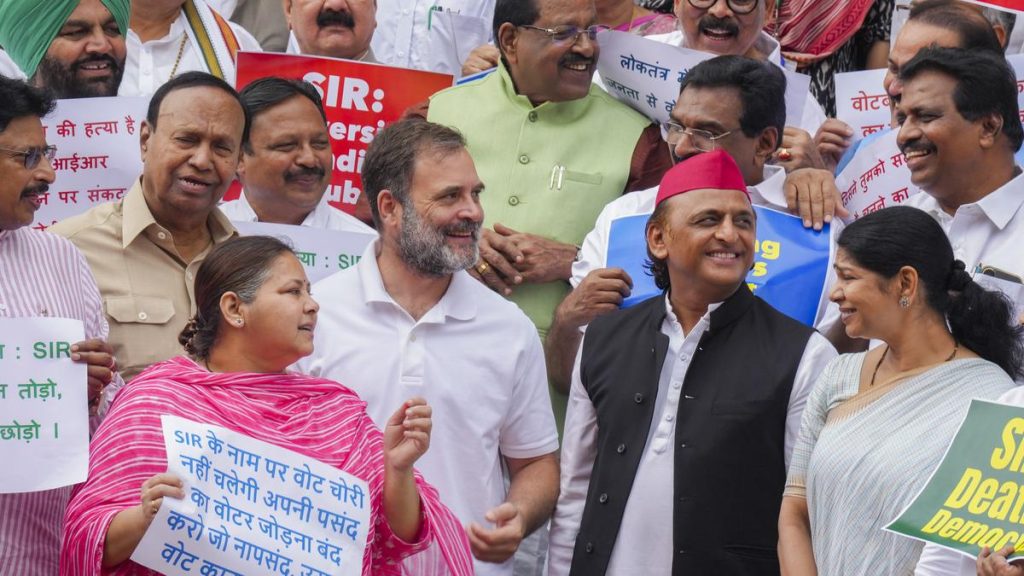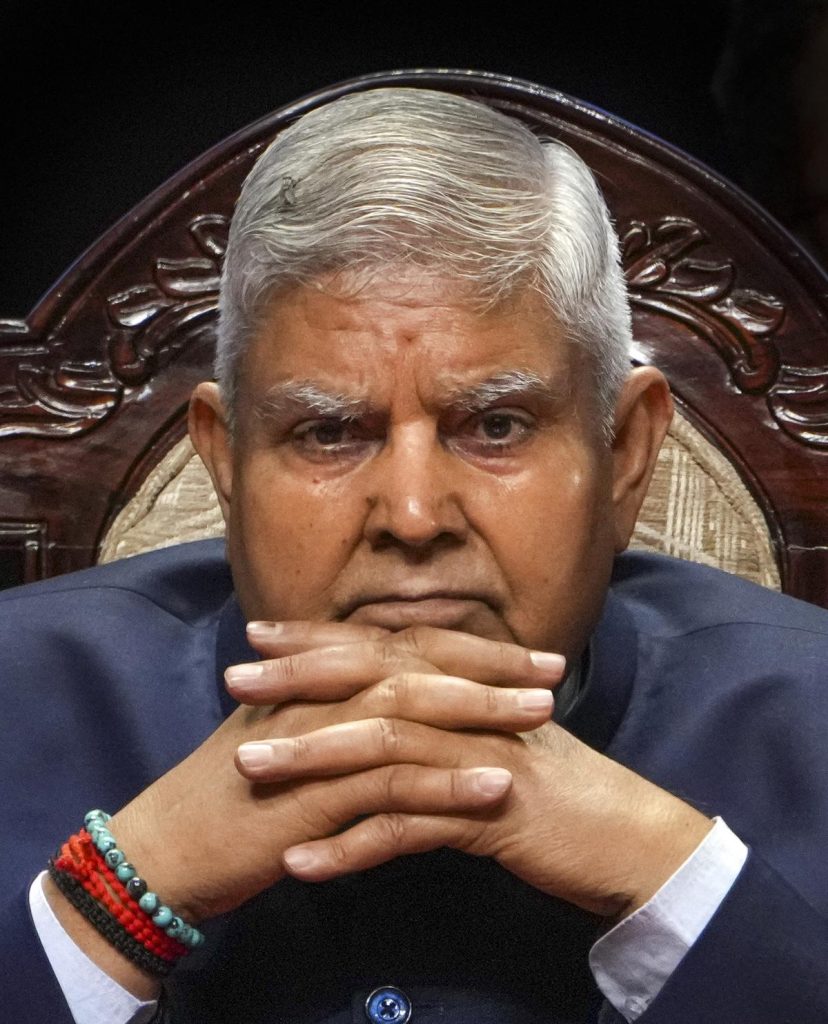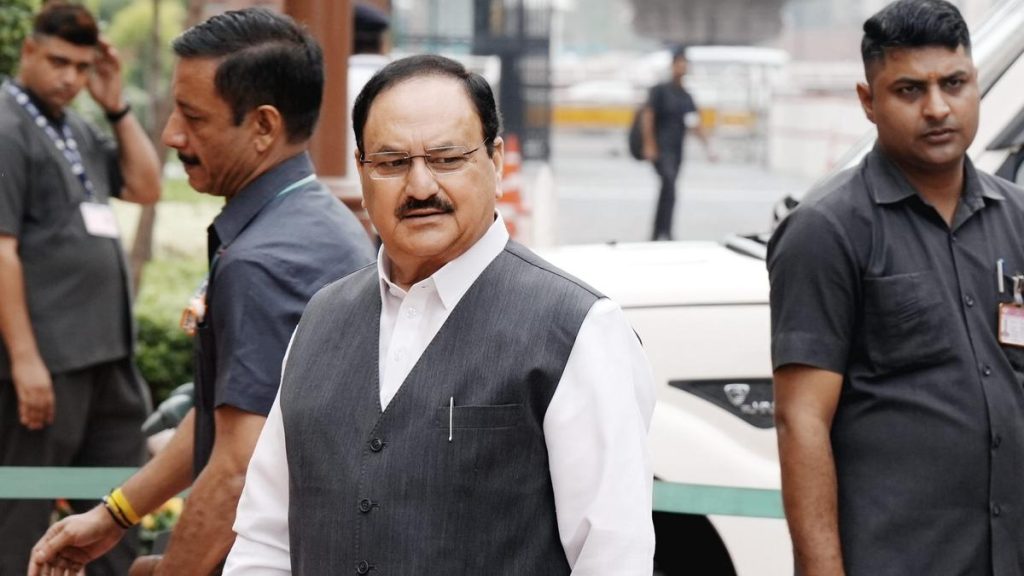Now Reading: 10 Remarkable Medical Breakthroughs Born from Accidents
-
01
10 Remarkable Medical Breakthroughs Born from Accidents
10 Remarkable Medical Breakthroughs Born from Accidents

quick Summary
- Revolutionary medical advancements over 200 years have combated diseases to improve public health.
- Notable accidental discoveries include:
1. Viagra: Initially tested as a heart drug by Pfizer, its impact on erectile dysfunction was realized during trials.
2. Smallpox Vaccine: Edward Jenner used cowpox lesions to inoculate people against smallpox,saving millions of lives and eradicating the disease by 1979.
3.Insulin: Pancreas removal in diabetic dogs led to Fredrick Banting’s pioneering injection trials for humans with diabetes in the early 20th century.
4. Pap Smear Test: George Papanicolaou developed cervical cancer detection protocols using samples collected daily from his wife over two decades.5. X-rays: Wilhelm Röntgen discovered X-rays accidentally while experimenting with cathode light rays, revolutionizing diagnostic medicine.
6. Blood Thinners (Warfarin): The anti-coagulant potential of spoiled clover hay linked bleeding cattle deaths to medical blood clot treatments for humans.
- Other milestones include contraceptive pills inspired by Mexican yam roots, Penicillin derived from mold killing bacteria cultures, pacemakers originating from an oscillator error, and immunosuppressants enabling successful organ transplants between unrelated patients.
Indian Opinion Analysis
The article underscores how curiosity-driven experimentation often leads to breakthroughs that redefine global healthcare paradigms-several discoveries arose serendipitously but were meticulously refined thereafter through science and dedication.
For India, such innovations offer valuable lessons regarding investment in research infrastructure as well as ethical considerations when testing new treatments (such as Jenner’s smallpox experiment or early organ transplants). Many discoveries highlight resourcefulness-turning unexpected outcomes into life-saving applications-a key takeaway for advancing affordable healthcare solutions tailored to India’s unique challenges like widespread diabetes or prioritizing preventive care with vaccines/tests like Pap smears.
Expanding India’s collaboration frameworks across academia and industry could foster creative problem-solving akin to accidental yet impactful results mentioned here-potentially broadening access and innovation within domestic healthcare systems without reliance solely on imported technologies.

























